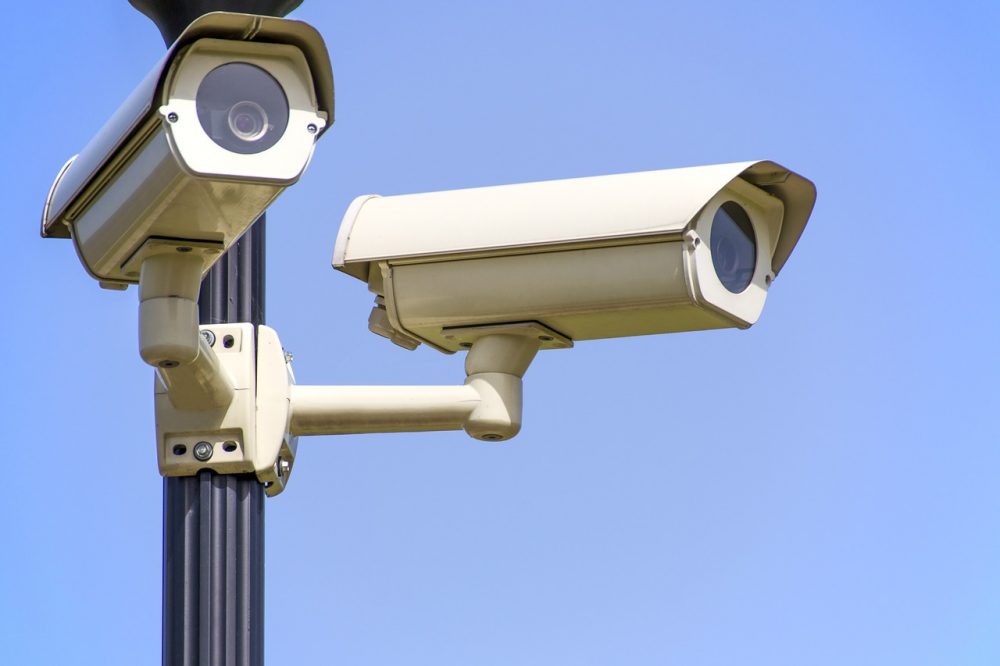Speeding fines – are speed cameras always accurate, and what if I disagree?

Are speed cameras always accurate?
The correct answer is… it depends on who you ask.
If you ask South Australia Police (SAPOL), they will say their devices are always accurate, and the speed detected can always be relied upon.
If you were to ask a criminal lawyer, you would get a different answer.
SAPOL has legislation in its favour when proving speeding offences, otherwise known as aids to proof. These aids mean that SAPOL can produce a certificate to a Court, certifying certain facts, without having to call witnesses or other evidence to prove that a device is accurate. In the case of photographic detection devices, section 175(3)(ba) of the Road Traffic Act states:
a document produced by the prosecution….purporting to certify that a specified traffic speed analyser that is a photographic detection device had been tested on a specified day and was shown by the test to be accurate to the extent indicated in the document constitutes, in the absence of proof to the contrary, proof of the facts certified and that the traffic speed analyser was accurate…
This means in the absence of proof to the contrary, the speed detection device is accurate, and your vehicle was speeding. Even if the device is not actually accurate, in the absence of any proof to the contrary, you would be found guilty of exceeding the speed.
There are ways available to road users, to argue that there exists proof to the contrary, if they do not agree with the alleged speed. One example might be if it is established that SAPOL had not in fact complied with the required testing procedures. SAPOL utilise several different types of speed detection devices, each with their own different set of regulations (see Road Traffic (Miscellaneous) Regulations 2014), which must be strictly adhered to. If the testing procedures or regulations are not complied with, then this may overcome the presumption outlined in the aid to proof or certificate. There will, of course, be other examples of ways to overcome this presumption, but it will depend on the unique facts of every matter.
What do I do if I don’t agree with the speed?
If you do not agree with the details outlined in a speeding fine, it is very important to get advice before you pay the expiation.
It is also very important to be advised about any unexpected consequences that might flow from paying the fine. An unexpected consequence might include exceeding the allowable demerit points, and subsequently receiving a notice of disqualification. You may need advice in relation to a possible application to reduce the demerits for the applicable offence. This may prevent you from losing your licence, but this cannot be done if the expiation has been paid.
Other consequences might include breaching a safe driver agreement or good behaviour bond. This can also result in unexpected and lengthy periods of disqualification. Do not become one of the many people that end an appointment with their lawyer by saying, “I wish I had spoken to you earlier”.
TGB Lawyers can help you
There are currently many road users questioning fines for exceeding the speed limit on the South Eastern Freeway. If you are one of them, it is very important you contact our office and arrange an appointment with one of our criminal lawyers before it is too late.
Our criminal law team are experienced in a range of criminal and disciplinary matters, including road traffic offences. If you are facing driving offences we can help you. Contact the author, Kevin Raison, request an appointment here or call one of our experienced team members on (08) 8212 1077 (South Australia), (08) 9211 5800 (Western Australia) or (08) 8941 7814 (Northern Territory).